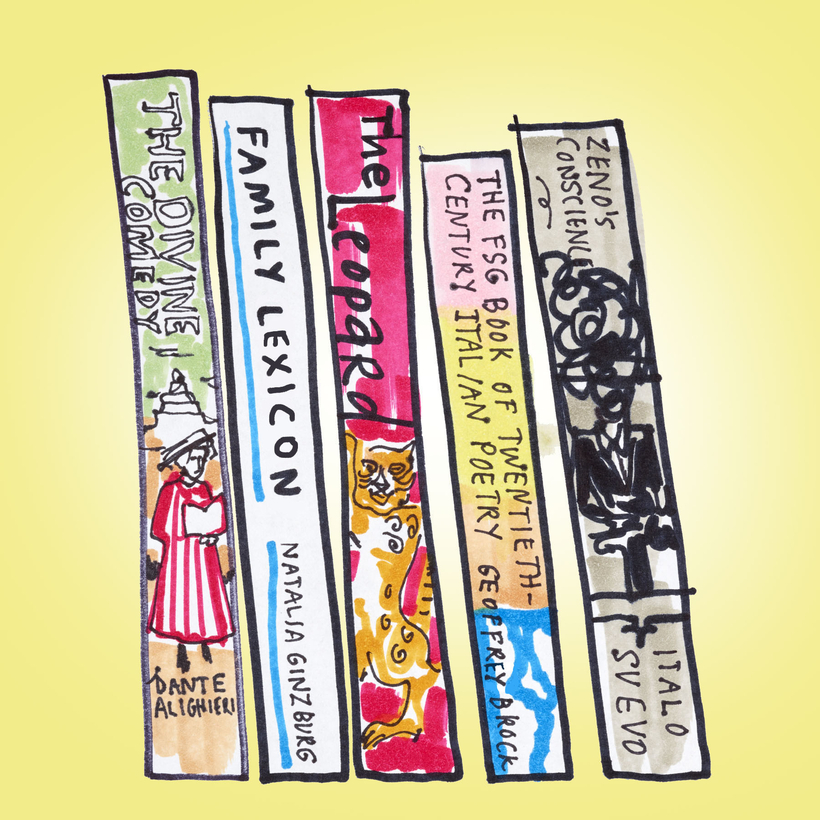“More deeply, more comprehensively than any other modernist poet, Montale draws on the tradition that formed him,” writes the president and publisher of New York publishing house Farrar, Straus and Giroux, in the introduction to a hardcover selection of work by Nobel Prize–winning Italian poet Eugenio Montale—Montale: Poems, out now from Everyman’s Library—translated and edited by Galassi, himself an accomplished poet. Montale, Italy’s greatest modern poet, was deeply influenced by the singular lyric tradition that began with Dante, and he remains known for re-inventing it for his time. Here, Galassi offers a guide to the best of Italian literature, with Montale as its unifying spine.
The Divine Comedy, by Dante Alighieri (countless translations)
The essential model—the epic poem that enmeshes societal, cosmic, and personal history—on which Montale’s (and almost every other Italian writer’s) work depends.
Zeno’s Conscience, by Italo Svevo, translated by William Weaver
Montale was generally credited for alerting Italian readers to the importance of this eccentric novelist from Trieste, who was the first real Italian modernist.
The Leopard, by Giuseppe Tomasi di Lampedusa, translated by Archibald Colquhoun
The great modern Italian novel, about the passing of the old aristocratic order and the arrival of modernity in Risorgimento Sicily.
Family Lexicon, by Natalia Ginzburg, translated by Jenny McPhee
Ironic, razor-sharp, and deeply felt, Ginzburg’s portrait of a Jewish family in Mussolini’s Italy brings Montale’s era to piercing life.
The FSG Book of Twentieth-Century Italian Poetry, edited by Geoffrey Brock
Displays the astounding range of modern Italian poetic achievement (in which Montale is a towering figure) from D’Annunzio on.


